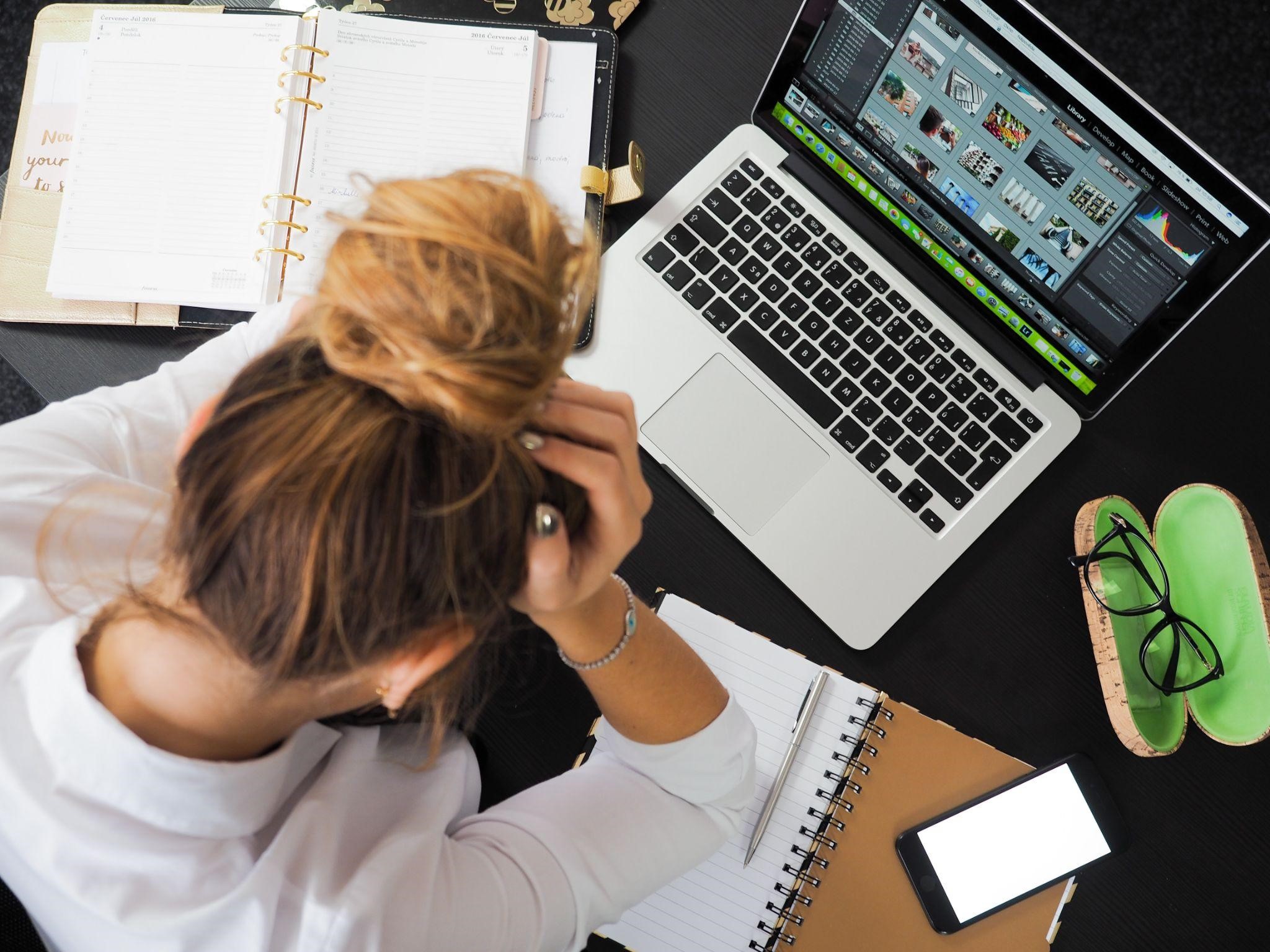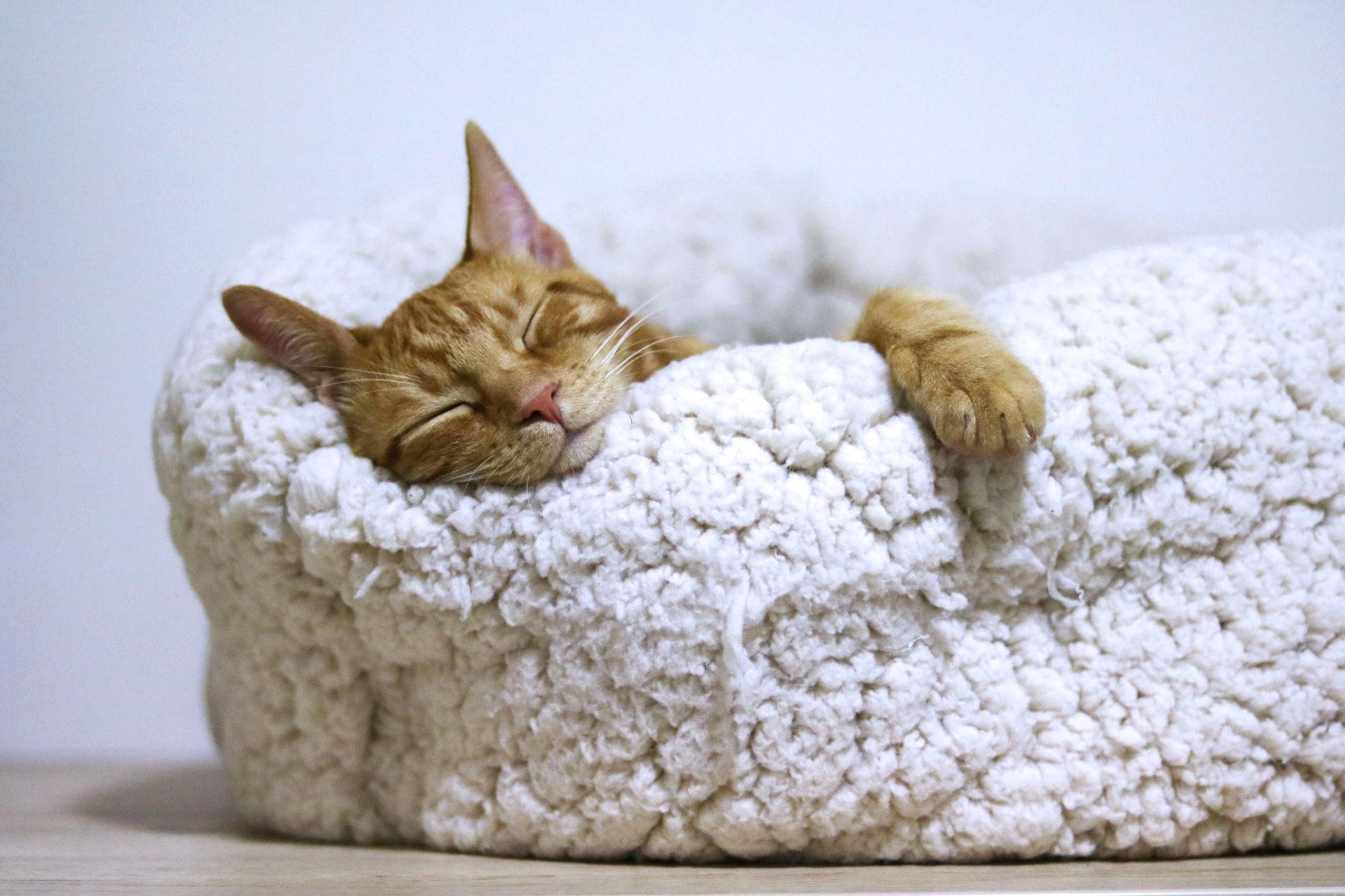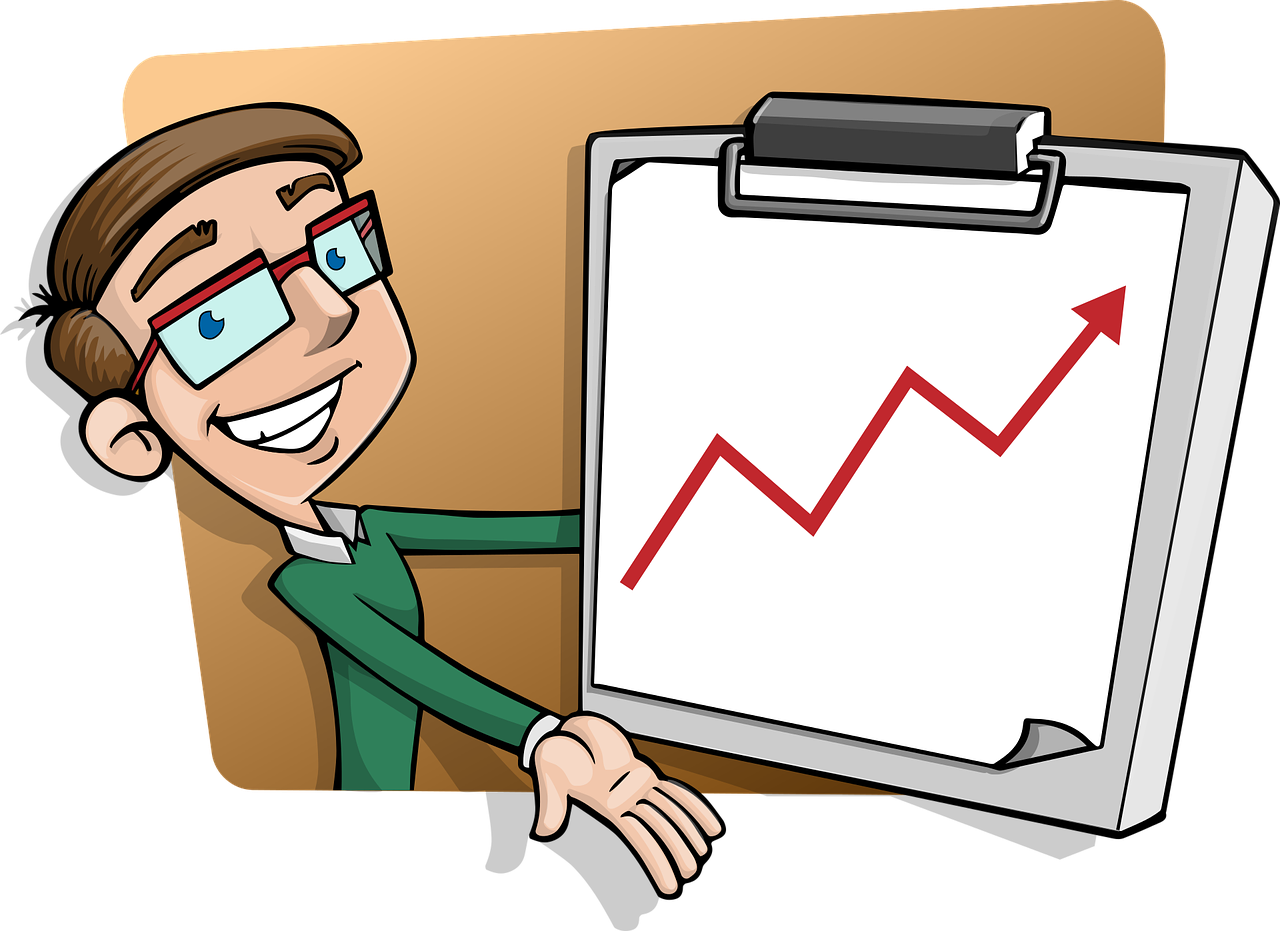This blog post was written by Blessing, a Communications Management Ma student at Tallinn University.
How often do you say - 'I am busy?' How many school events, career-advancing activities, or even regular fun stuff have you missed out on just because 'you have a lot to do?' Not that it's a bad thing to be busy, but it sure is a bad thing to be actively engaged without seeing positive outputs from that busy schedule.

There is a better way to achieve productivity without getting burnt out or being busy doing nothing. The secret is to STOP BEING BUSY and START BEING PRODUCTIVE. In this mini-guide, you'll learn the difference between being busy and being productive, as well as how to start being productive.
SmackDown Battle: Busyness VS Productive
Here's a question for you - does a long study time mean better grades? Does a long period working on a research project necessarily translate to a stellar academic paper? Some people might say yes, but the truth is that's not always the case.
When busy, you are engaged for a long time, either reading, researching, working after school, or even picking out an outfit for a party. It could also mean that you have multiple engagements all at once or around the same period. You might spend several hours reading yet still feel like your brain is blank, work on a project for an extended period but the project remains uncompleted, or you would have torn down your closet and still found no cloth to wear!

'Sorry I couldn't make it today, I was busy.' 'Well, I couldn't work on the slides last week because I had so much to do.' 'I'm not able to eat well because there’s just no time.' - Busyness means not having time for anything else because your schedule is fully packed but is it, really? Most times, it's just a mindset that produces a badge people wear proudly or an excuse that comes up so easily.
Productivity is Better
On the other hand, when you're productive, the goal is defined, the strategy or plan is laid out, and you follow through with it, thereby meeting your goals, possibly within an even shorter period than anticipated - without having to neglect other aspects. When you are productive, there would be a strategy, a REALISTIC list of things to do, possibly a break period, and a timeframe.
For productivity, it's about when and how you do things, not how long you spend doing them. It eliminates the need for excuses because right in your mind, you can account for how you spend your time, and of course, you can see the output. Productivity gives your life balance. Productivity is about Efficiency and Output.
How to Be Productive
- 1. Create a daily or weekly to-do list: Split your ultimate goal (s) into tasks to complete daily or hourly. Also, fix a deadline for each task so that you know when to stop for a break. And don't forget to place the one with high priority first.
- 2. Schedule breaks too: Whether working, doing some research or studying, endeavour to add a break period to your timeline. Trying to do several things for hours without a break leaves your brain feeling tired, and you would be less efficient, which eventually leads to less productivity.
- 3. Never leave out rest: Sleep is crucial because it recharges the brain and other parts of the body. The National Sleep Foundation suggests that healthy adults need between 7 and 9 hours of sleep per night to function well. But sometimes, if not most times, life happens, and we don't get enough sleep.
-

The evidence of these is usually glaring for most people. Inability to concentrate, all-day grogginess, headache, tiredness, etc., are a few of the tell-tales of lack of the right amount of sleep. So, as much as possible, always try to sleep well or make up for hours lost when you can.
4. Less is more: Even if you're superman and 'believe you can fly and touch the sky,' you shouldn't try to stuff so many tasks and activities into a particular period. Try to space out your schedule, and you'd see yourself fairing better, achieving better productivity, all without getting burnt out.
- 5. Ask for help when you need it: They say two heads are better than one. When studying, doing assignments/projects, working on some research paper, etc., ask for help when you feel stuck; you'll save more time (and strength) than trying to tackle it alone. You can reach out to your classmates, professors, colleagues - whoever you feel would be in the best position to help.
You might also be dealing with some mental health issues - depression, anxiety, stress, and the likes - in that case, the right point of call should be a therapist or counsellor. Remember, a problem shared is a problem halved.
- 6. Never procrastinate: We all have the tendency to put off things we can do now for later, but this becomes detrimental when it becomes a regular affair. When you procrastinate, you lose efficiency and become less productive.
Moreover, you'd most likely exert or even exhaust yourself trying to meet up at the last minute. And guess what? Your output still would be below par because it was done under time pressure. So, do you have something to do? Get started now! Why wait?
- 7. Figure out what works best for you: It is said that everyone has different peak times for activeness and diverse peculiarities surrounding their individualities. Some function best in the morning, while others are at their best at night. Some need to make notes and jot points down when studying, while some others don't need to.
Some prefer to study or work in a silent place, while some prefer a bit of background noise while they get about their business. What works for your friend or colleague might not necessarily work for you, so study your body and individual identity to determine how best to achieve maximum productivity.
- 8. Measure your output: Get your KPIs out; it's time to measure your performance. After creating a workable plan, setting a goal, timeline, and all, you need to constantly measure your output to be sure you're on track. It's easy to fall behind after the initial burst of energy that you are gonna be productive.
If your output is excellent, then keep going strong; there's no reason to stall. On the other hand, if your performance isn't as outstanding as you'd expected, that would be your perfect chance to get your A-game on and do better.
- 9. Place value on yourself and your time: True, you want to please people around you… you don't want to offend anybody, but you need to be able to say NO when you ought to. If you don't have the time to work an extra shift on behalf of a colleague, or can accompany a friend to the grocery store or meet up with some old friends, do say NO. Place value on yourself and your time by saying NO when you need to, else you'd end up cluttering your schedule.
- 10. Take care of your health: A sick person can't be productive, no matter how hard they try. So, try to take good care of yourself. Eat healthy meals and timely. Drink water constantly in order to stay hydrated. And, of course, exercise your body.
You should also attend to signs of physical illnesses promptly before they break you down. And if you fall sick, seek medical attention immediately. This is particularly important during this pandemic era. Keep yourself and those around you protected.
Final Thoughts

Being productive is hard work, especially in this era where so much is going on all at once. But even then, it is still doable. Firstly, you need to figure out what works for you and then make a strategy according to that.
You need to set a goal, make a timetable/schedule, set a deadline, including breaks, and, of course, follow through with your laid out plan. And finally, remember, you don't need to be 'busy' and suffer 'burn out' to achieve productivity. Busyness might be okay, but productivity is better.
